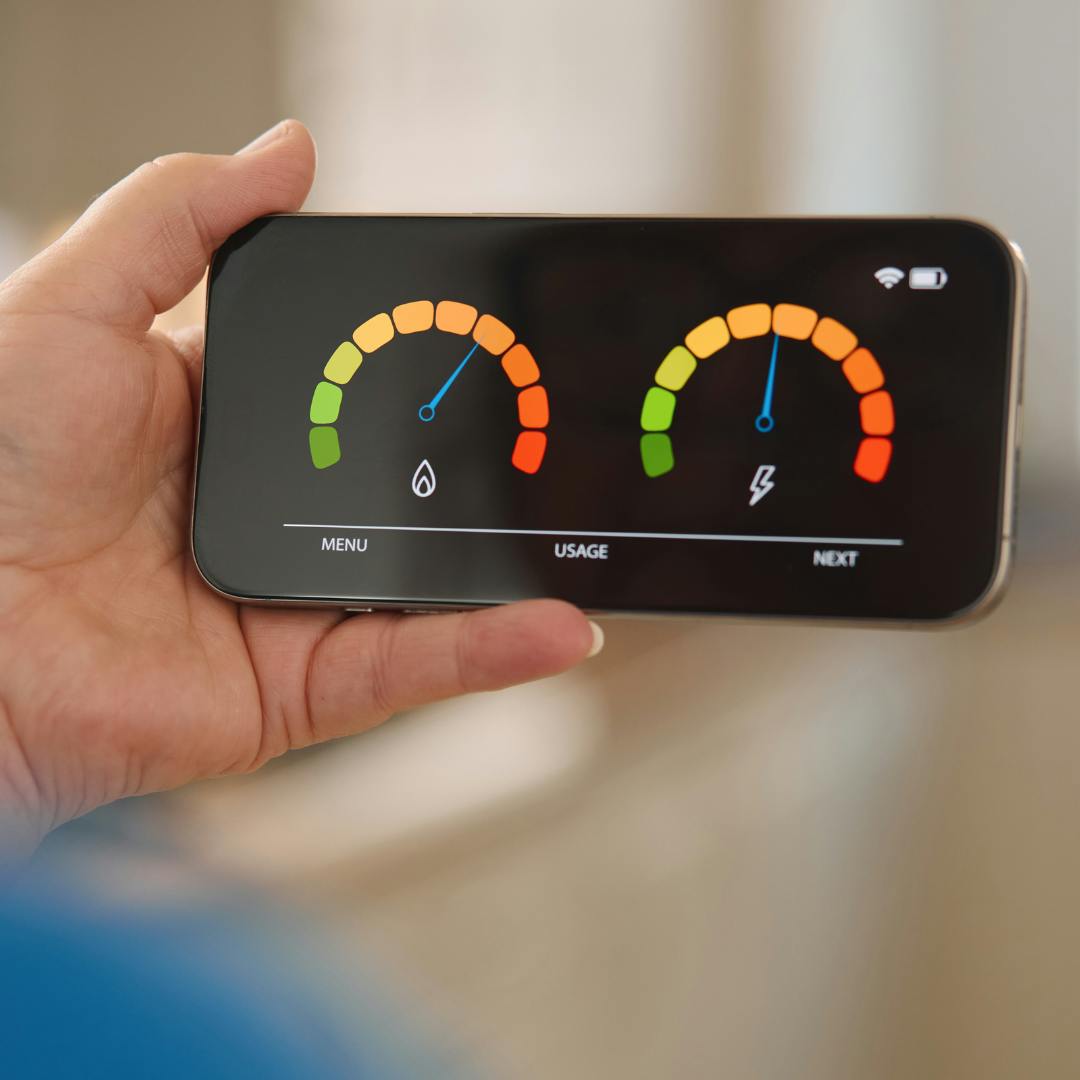Big Energy Saving Week 2025: A Guide to Saving Money and Protecting the Planet
As the winter chill peaks in January, energy bills can weigh heavily on households. From January 17th, the UK marks Big Energy Saving Week, a campaign designed to empower individuals with tools and knowledge to save energy, reduce costs, and access any financial support they may qualify for.
- Bills
- Saving
- Finance
Why Big Energy Saving Week Matters
With rising energy prices and an increasing focus on sustainability, the need for energy conservation has never been more pressing. This campaign addresses two critical issues:
- Financial Relief: Helping households manage energy bills and offering practical advice on accessing government grants and schemes.
- Environmental Impact: Lower energy consumption reduces carbon emissions, playing a vital role in mitigating climate change

The Positive Impacts of Saving Energy

Environmental Benefits:
- Reducing energy usage cuts greenhouse gas emissions, helping the UK reach its net-zero targets and potentially slow the rate of climate change.
- Encourages sustainable living, preserving natural resources for future generations.
Financial Advantages:
- Lower bills mean more disposable income for families.
- Efficiency improvements, like insulation, can provide long-term savings.
Water, Gas & Electricity Saving Tips
- Water
- Gas
- Electricity
Fix dripping Taps and Leaky Loo's
A leaky loo can waste between 200 and 400 litres of water a day.
Use an aerator on your showerhead and taps
They work by mixing air into the flow and this reduces the amount of water passing through the tap. Thus reducing the amount of water needed and heated water needed.
Collect rainwater for gardening.
This is free water you don't have to pay for, unlike like the water out of your tap.
Insulate water pipes
This helps hot water pipes retain their heat and therefore less energy is used to heat the water back up.
Use a washing-up bowl instead of a running tap.
Far less water will be used by leaving it running whilst scrubbing the dishes.
Wash clothes in cold water when possible.
This will save on energy used and is actually preferable for more delicate fabrics.
Limit lawn watering
Water your lawn deeply rather than often which will encourage deeper and stronger root growth.
How to get involved
During Big Energy Saving Week, take the time to assess your household’s energy usage. Engage with local workshops or online events offering tailored advice on energy conservation and financial support
Let this week be a reminder of the small steps we can all take to make a significant difference—for our wallets and the planet.